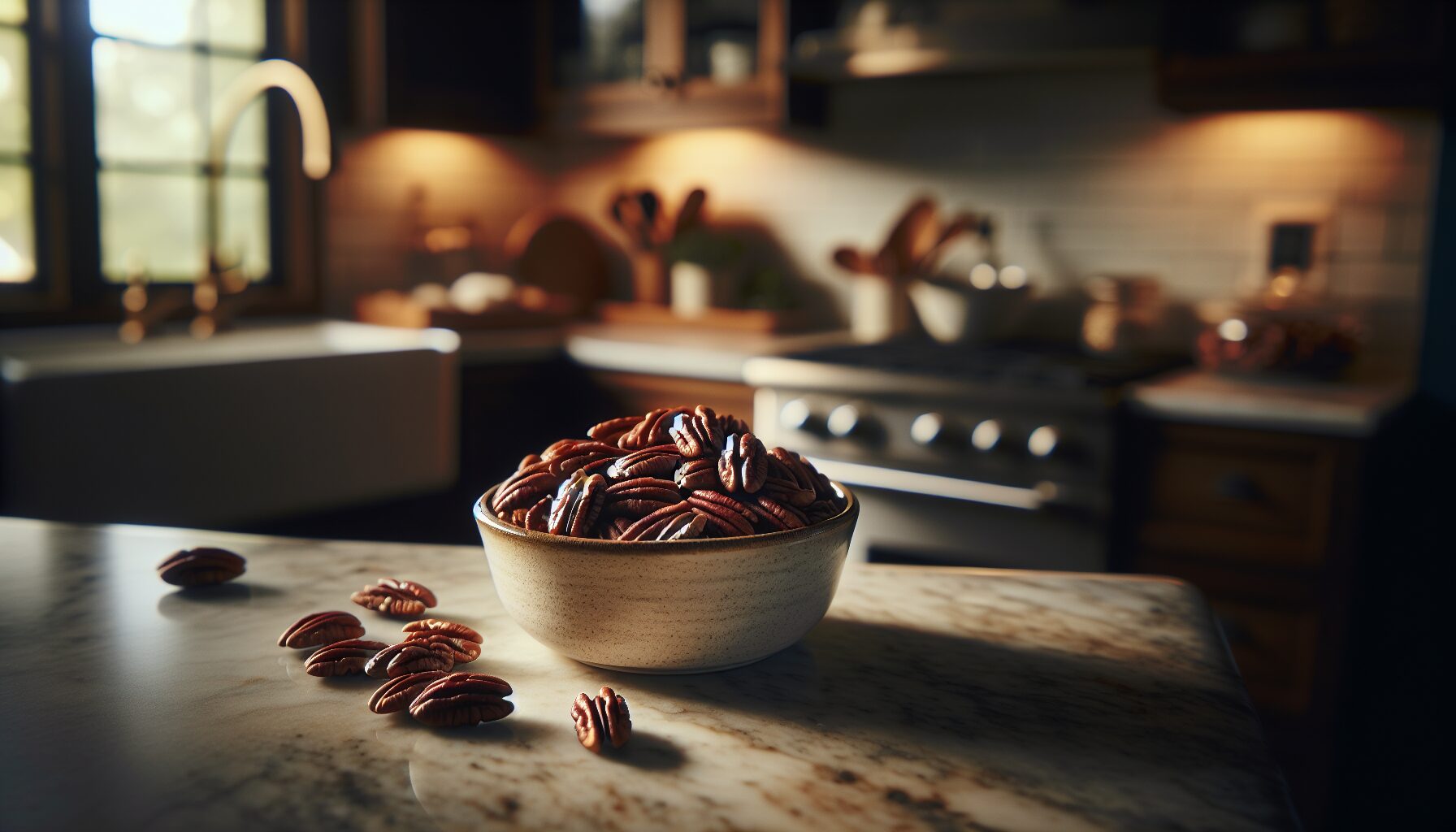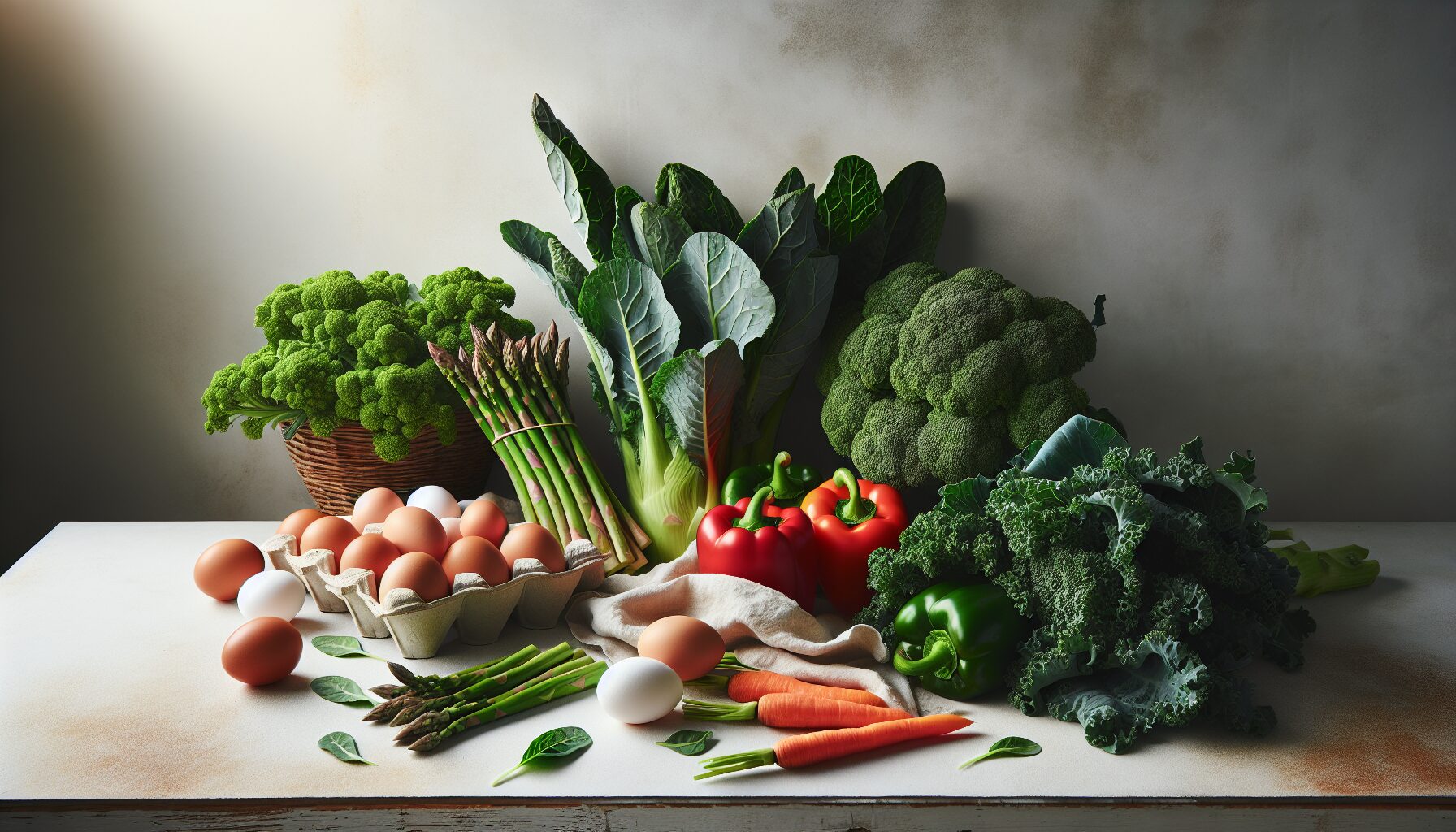
Lutein Rich Foods: 9 Top Lutein Containing Foods
The pigment lutein is often cited in regard to its benefits on eye health, while this is not a vitamin, it is good to know some foods rich in lutein to keep nutritional depth in one’s diet.
Your eyes need support throughout your entire lifetime to maintain optimal eyesight. While there are a number of vital nutrients responsible for maintaining one’s eyesight, lutein and zeaxanthin have been identified as being essential. They are pigments found in the eyes protecting an important component, the macula, from blue light damage. Lutein falls into the class of carotenoid pigments but can’t convert to pro-vitamin A.
Studies have found that lutein protects the eyes from free radical damage, as well as markedly improving eyesight. The macula can degenerate, from excessive age accumulated damage. Oxidative stress in the eyes is a leading cause of degenerative diseases of the eyes. This happens in old people a lot more than in young people. Macular degeneration is one of the leading causes of blindness worldwide.
There is a lot of open research focused on how to improve and prevent eyesight damage into old age and lutein is very popular as a preventative nutrient. Lutein may also have a role in the prevention of certain diseases such as cataracts, which is the leading cause of blindness in the over 40s. A lot of this is thought to be due to a lack of proper nutrition, including in carotenoids such as lutein.
In fact, high lutein intake is also associated with higher physical activity levels. Whether lutein encourages people to be more active is being looked at in more detail, with antioxidant levels thought to encourage exercise.
9 Lutein Rich Foods
There are a number of foods that are rich in lutein that could potentially help with macula and general eye health. Some of these include carrots, parsley, bell peppers and eggs. Lutein, as a carotenoid group member, is fat soluble so requires normal and healthy dietary fat to be absorbed.
Many people are under eating lutein, with the general population in the USA eating about 1 to 3mg per day. Eating just 3mg more lutein a day has been linked to the reduction in risk of developing eye diseases such as macular degeneration. Significant dietary increases in lutein, for about a month nearly doubled people’s total lutein concentrations in their eyes. Functional foods containing massively elevated lutein concentrations are being developed.
Chicken eggs are thought to be one of the best food sources of lutein, because of its bioavailability and high fat content. Lutein can be absorbed through extra virgin oil, salad dressings or whole eggs.
Many of these readings here come as a combined reading of lutein and zeaxanthin, because official data for just lutein doesn’t exist yet. Zeaxanthin is another carotenoid pigment. It is similar to vitamin A, performing a role as an antioxidant in the body. Zeaxanthin also helps to maintain optimal eye health.
Let’s cover some top lutein rich food sources for you to add to your diet.

Chicken Eggs
Studies cite chicken eggs as having the most bioavailable lutein content, being one of the richest food sources of lutein. There is 230µg of lutein per 100 grams of chicken eggs. Lutein and zeaxanthin combined is 459 µg.
Eggs are incredibly easy to combine into a meal, from a frittata to a simple omelette. They are vegetarian friendly and are packed with additional vitamins and essential nutrients that the body needs to maintain optimal health. Eating just 3 eggs for 12 weeks was shown to improve lutein levels by 21%.
Spinach
Spinach is one of the richest lutein containing foods available, although the values we have sourced are a combination of both lutein and zeaxanthin.
There is 11,308µg of lutein and zeaxanthin combined per 100 grams of cooked spinach. Of this, there is 6,500µg of lutein per 100 grams of cooked spinach. The Greeks make a delicious spinach pastry dish and spinach can readily be included into so many meals. This is a really nutrient dense vegetable that is very underappreciated indeed.
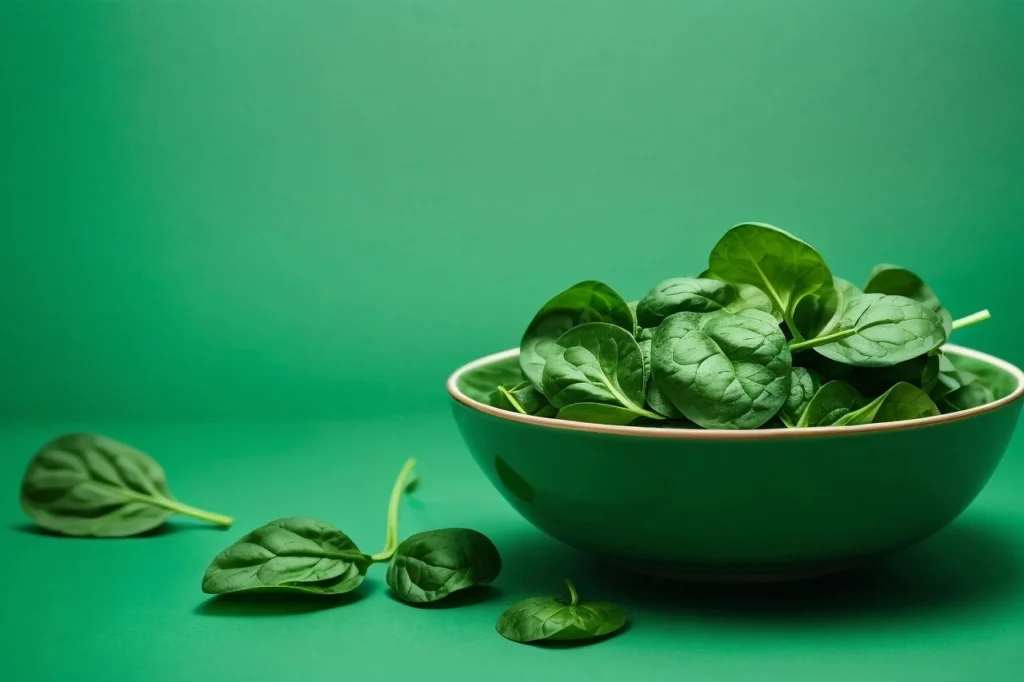
Broccoli
Broccoli has always been revered as an antioxidant rich food. There is 2,000µg of lutein per 100 grams of broccoli. Also rich in sulforaphane, broccoli could be including more often into your diet for optimum nutritional status.
Kale
Kale is a dark leafy and bland vegetable. It contains about 8,300µg of lutein per gram of kale. Not the best to cook with, but if you get a good recipe it can be a rich source of nutrients, including vitamin K.
Asparagus
This is a leafy green vegetable with a legendary reputation as a detoxing food. Asparagus contains 771µg lutein and zeaxanthin combined per 100 grams of asparagus. This is a really healthy vegetable that can simply be boiled and eaten alongside fish.
Red Bell Peppers
The colouration of bell peppers makes them a suspect for containing antioxidants such as lutein. While quite rich in lutein, containing 4,200µg of lutein per 100 grams of red bell peppers. This food is easy to cook and tastes great with hot and pungent spices like curcumin or chilli spices.
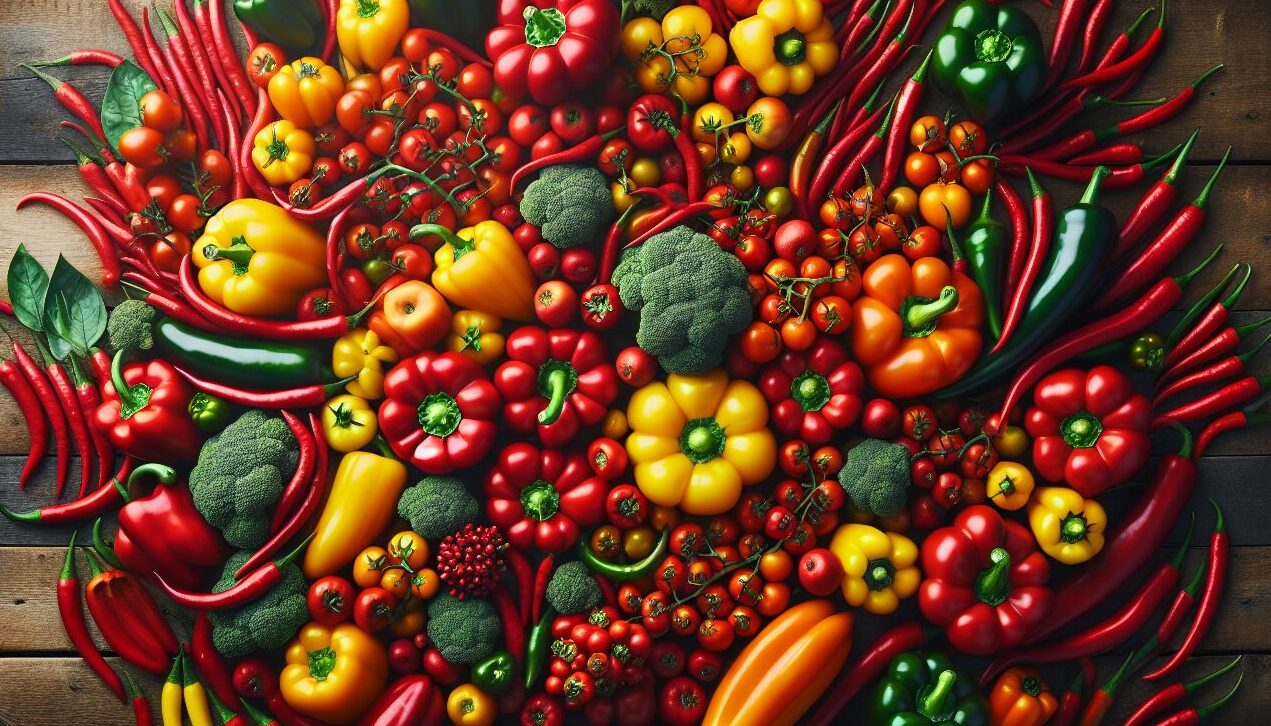
Pistachio Nuts
Pistachio nuts contain a source of many different nutrients such as iron and phosphorus. Both are essential to maintaining optimal health. There is 3,000µg of lutein per 100 grams of pistachio nuts. Therefore, pistachio nuts provide an optimal source of lutein to support with optimal eye health.
Parsley
Parsley is a versatile and aromatic herb that you can grow at home. This herb is usually used as a flavour enhancer in pastas and salad dishes to give your food some substance. It is not wonder that many herbs like parsley are also rich in nutrients.
Leaves of parsley contain 5,561µg of lutein and zeaxanthin per 100 grams of parsley. This is quite decent and falls into our lutein rich foods list that could potentially support eye health.

Carrots
Carrots are the mother of all carotenoid containing foods. The bright orange colour is a massive give away in the total carotenoid or vitamin A content. Our ancient ancestors used colouration as a means to choose certain fruits and vegetables. Much as honeybees follow guidelines into flowers for nectar.
Carrots have 687µg lutein and zeaxanthin combined per 100 grams of cooked carrots. There is 400µg of lutein per 100 grams of carrots. Carrots make a great soup, remember to also include healthy oils or fats with your healthy sources of carotenoids like lutein.
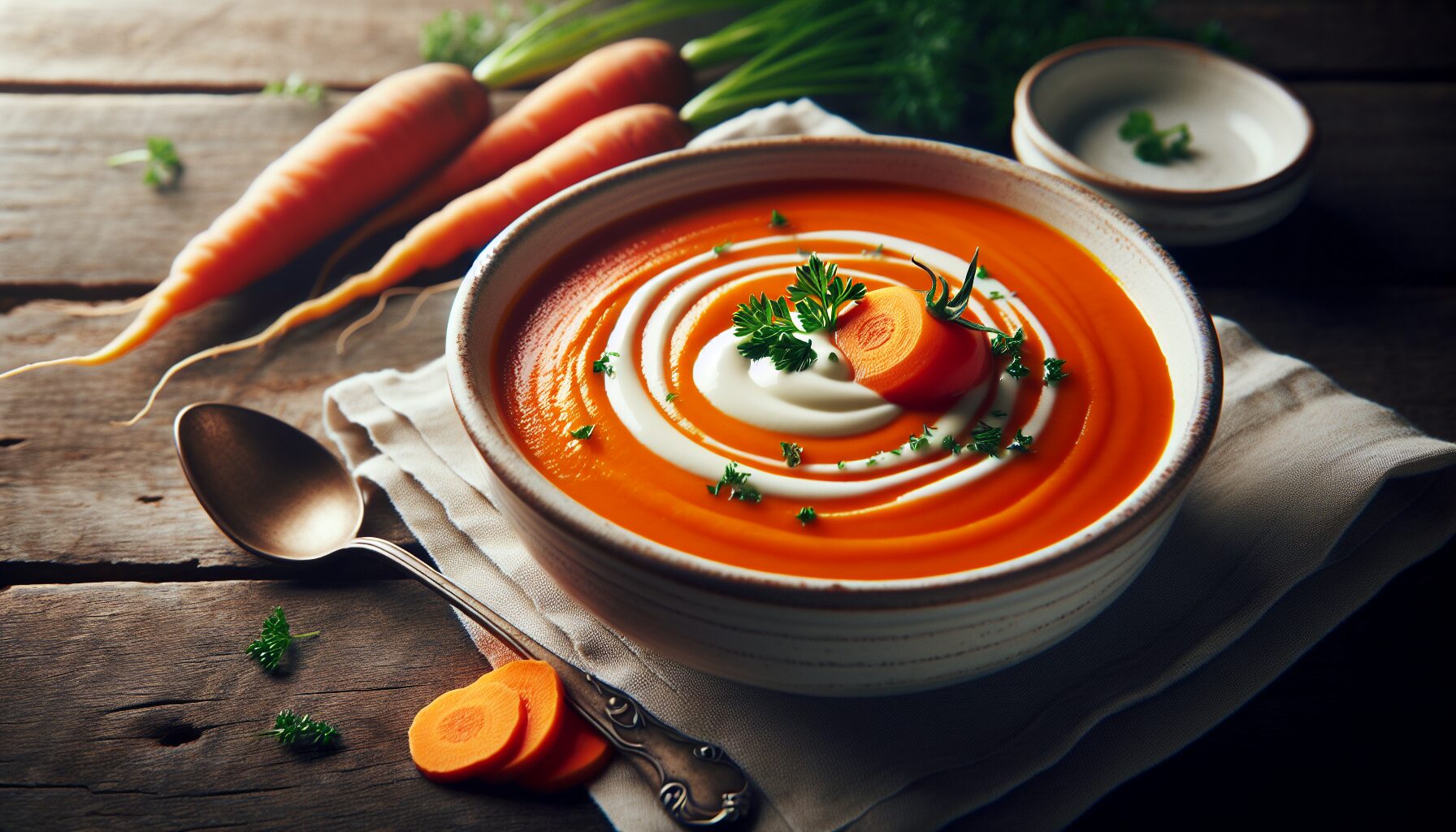
Conclusion
The carotenoid pigment lutein may have benefits to eye health, including in the prevention of age-related eye degenerative diseases. To maintain optimal eyesight, your eyes need a constant supply of nutrients to assist with damage repair.
Lutein is one of these components that can assist with protecting the eyes from light induced damage. Carotenoids fall under a special branch of pigments that have antioxidant and free radical removing potential in the body. Carotenoids, as vitamin A molecular relatives, are fat soluble so need to be ingested with fatty foods.
Here we have covered some lutein rich foods. Some foods having the highest lutein content include chicken eggs, spinach, broccoli and parsley. These foods are all really easy to include in your diet. Hopefully, some of these can be added into your diet to help to protect your eyes from long-term damage.
For more interesting articles, see the main articles page below.



